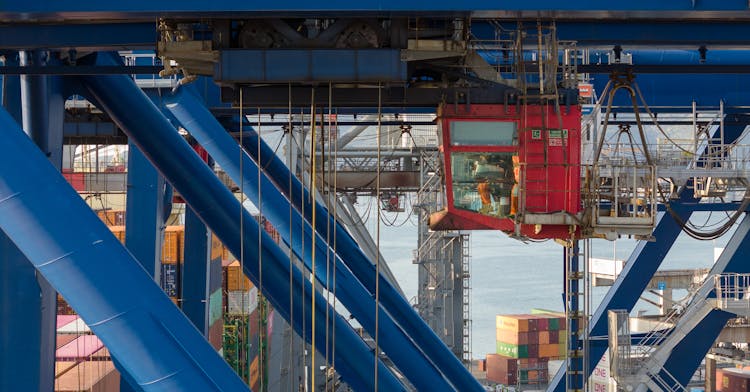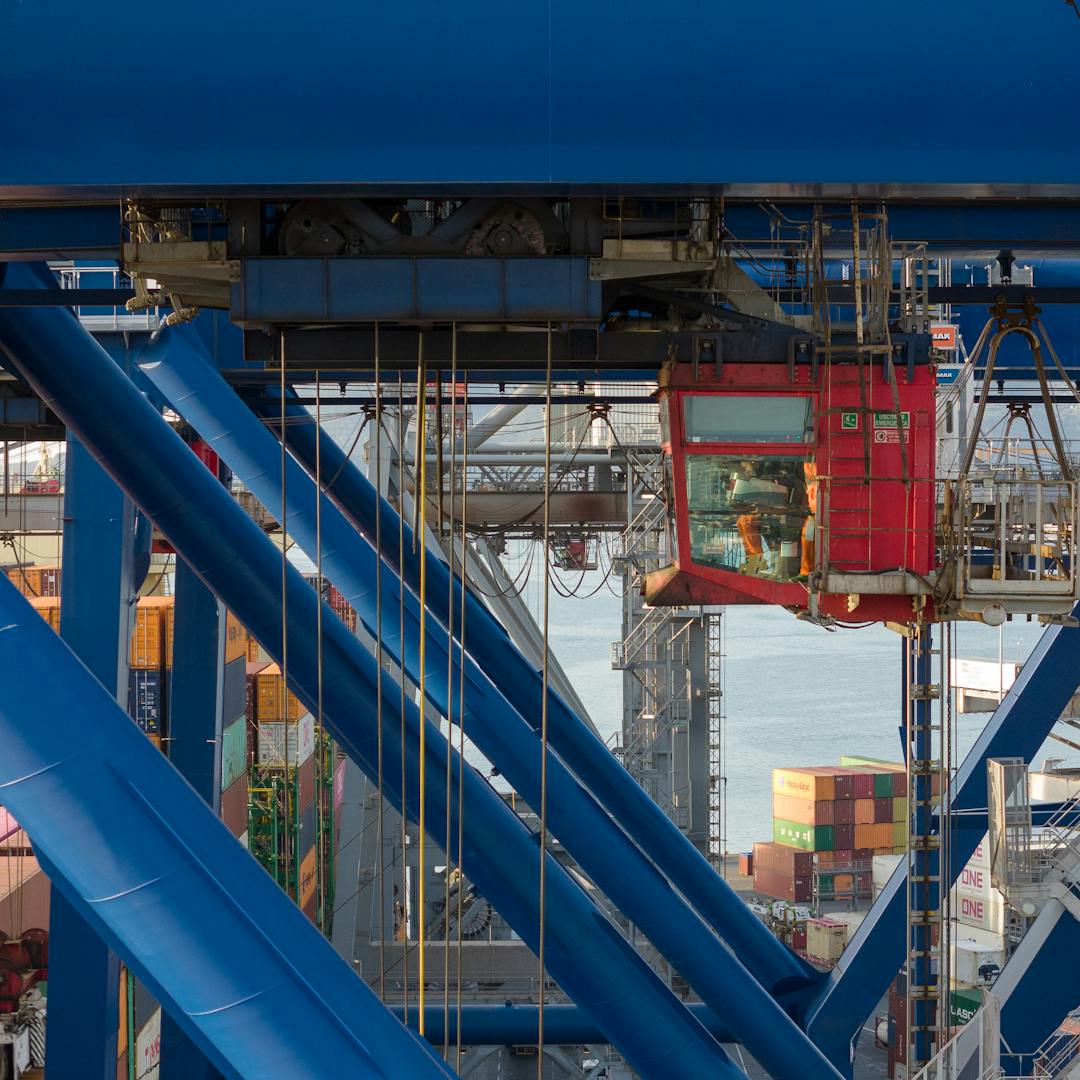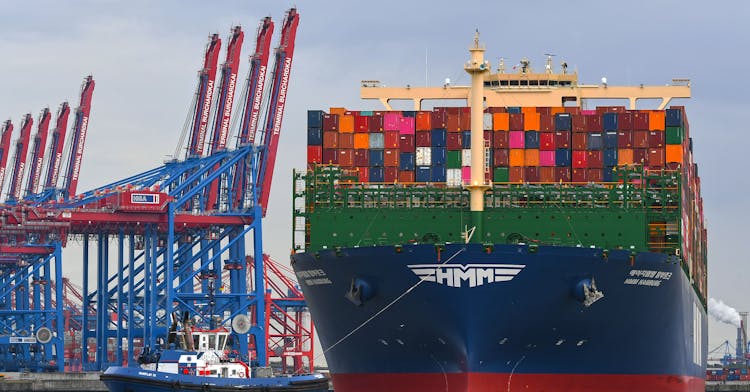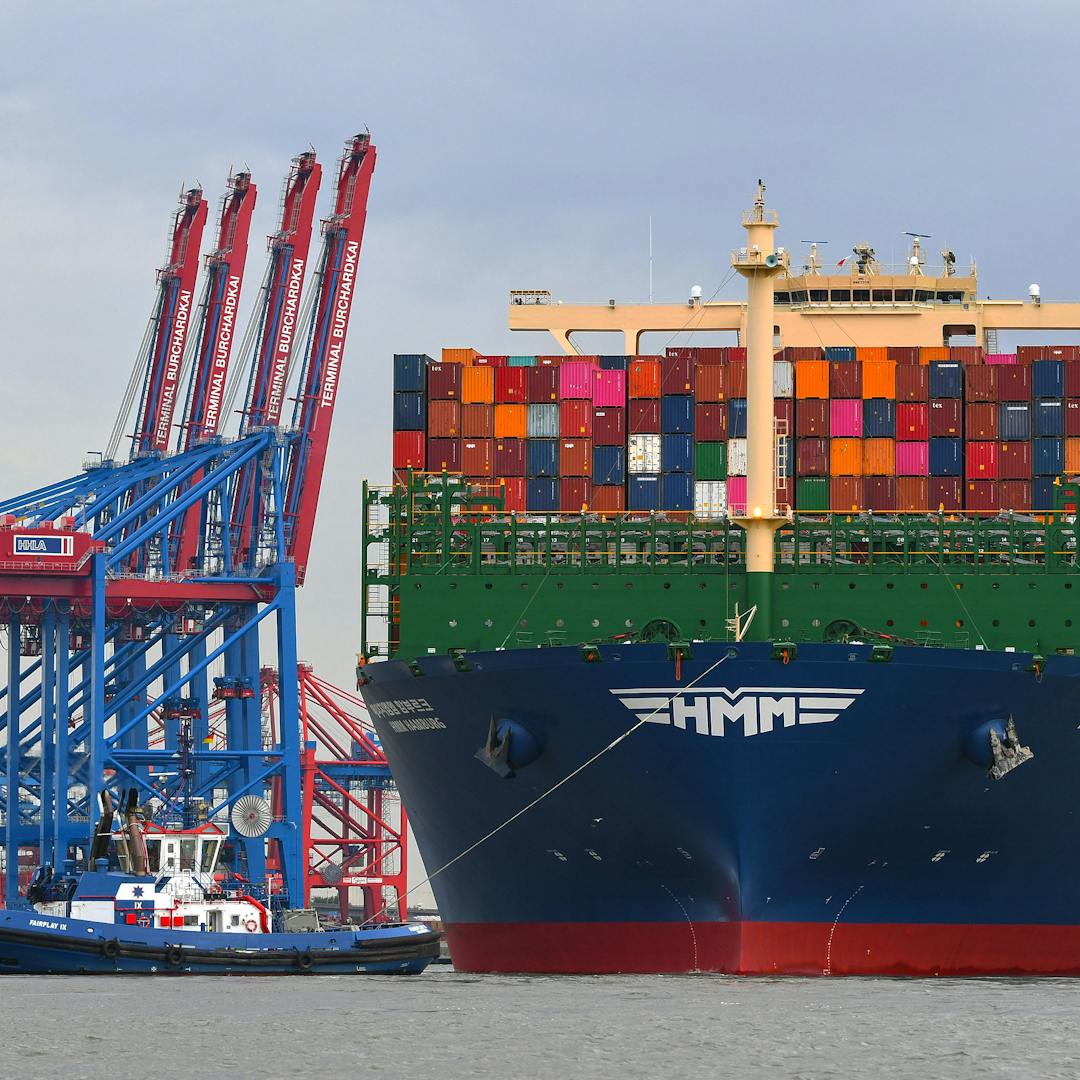The Future International Trade (FIT) Alliance was formed recently by DCSA, FIATA, BIMCO, the ICC and SWIFT, with these organisations signing a memorandum of understanding to standardise the digitalisation of international trade.
We spoke with representatives of the FIT Alliance to discover what its aims mean to them and their members. Thomas Bagge, DCSA CEO, recently shared his thoughts on The Future International Trade Alliance, as did Grant Hunter, Director for Standards, Innovation and Research at BIMCO. Here, we discover the view from freight forwarders with Stéphane Graber, director general of FIATA. We began by asking Stéphane:Why did FIATA join the FIT Alliance?
Stéphane Graber (SG): At FIATA, we are fully convinced of the importance and benefits of digitalisation and what this can mean for freight forwarders, which is optimised processes and more reliable services for them and their customers.Clearly, collaboration is key, what does that mean to freight forwarders and FIATA?
SG: It is important to us that freight forwarders play a driving role in how their activities are digitalised and, to this end, we developed the FIATA Bill of Lading (eFBL) data standard, aligned with the UN/CEFACT reference data model, to facilitate systems interoperability for all parties. This was a first step towards a fully digital bill of lading (B/L), but exchanges between different platforms require a collective resolution, partly because of the legal framework.Through the FIT Alliance we aim to work together, as key organisations within the supply chain, to overcome the technical electronic bill of lading (eBL) interoperability challenges. Together, the organisations aim to promote and support common legislative conditions across international jurisdictions and platforms, so that digitalisation is accelerated and paperless trade becomes the way we all do business in the future.What top three benefits do you see your members gaining from the Alliance?
SG: Firstly, interoperability of standards. Through the FIT Alliance we will ensure that FIATA’s digital standards, including those for the eFBL, are interoperable with standards developed by other organisations so that we can all exchange information fluently. FIATA sees great importance in leading the discussion on data ownership and interoperability.Secondly, technical interoperability to enable the transfer of eBLs from one platform to another.Finally, the legal acceptance of digital documents. This is probably one of the biggest challenges ahead of us. Through the work of the Alliance, we should encourage countries around the world to adopt harmonised legislation that will enable the legal recognition of electronic transferable records in more regions. We can bring about all kinds of technical solutions but without that, it will not happen.What does the Alliance mean more widely, for international shipping and trade?
SG: Quite simply, it’s the dream! And all logistics industry players share the same dream – the seamless transfer of eBLs between all those involved in shipments – shippers, buyers, carriers, freight forwarders, banks, authorities, warehouses, insurers – we are all looking for that because it will help save time and money for everyone.The FIT Alliance shows a joint commitment to facilitating this through a collaborative approach. We need to work together to realise the dream, respecting, considering and protecting the different stakeholders with their specific needs and requirements, because we all play different roles in the supply chain. Go to Fit-alliance.org to find out more.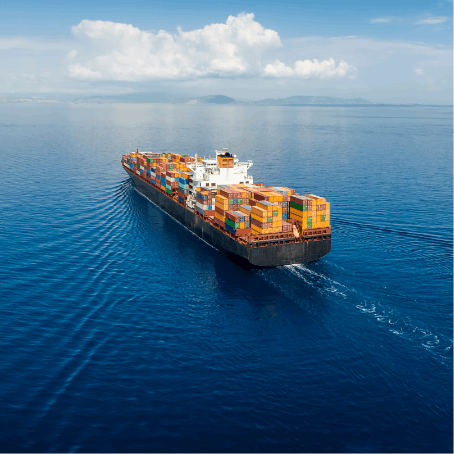
Digitalise the container shipping industry
At DCSA, we envisage a digitally interconnected container shipping industry in which customers have a choice of seamless, easy-to-use services that provide the flexibility to meet their business and sustainability goals.
